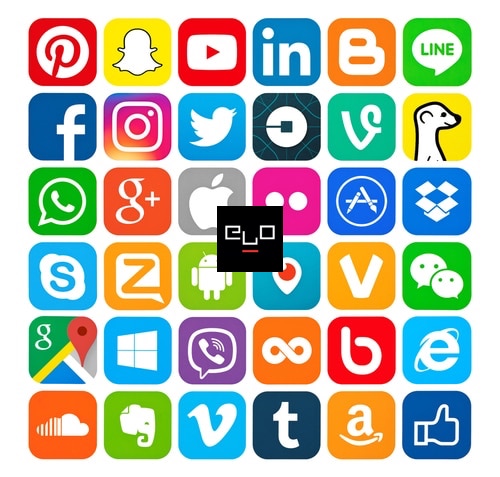Your cart is currently empty!
September 2020
-
CFP: Emerging Spaces for E-Lit Creations
Call for Proposals: Emerging Spaces for E-Lit Creations The electronic literature community has developed many online publications (‘zines and similar resources) that feature Web-based technologies and have typically taken the… Read more.
-
ELO 2020 Prize Winners
We are pleased to announce the 2020 ELO Prize winners. The Robert Coover Award for a Work of Electronic Literature 1st Place: The Library of Nonhuman Books by Karen Ann… Read more.
·

